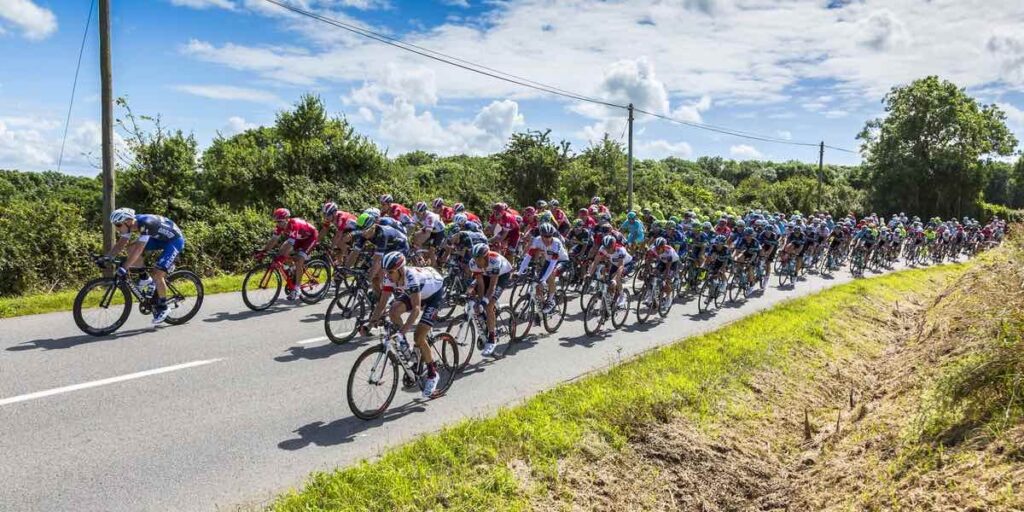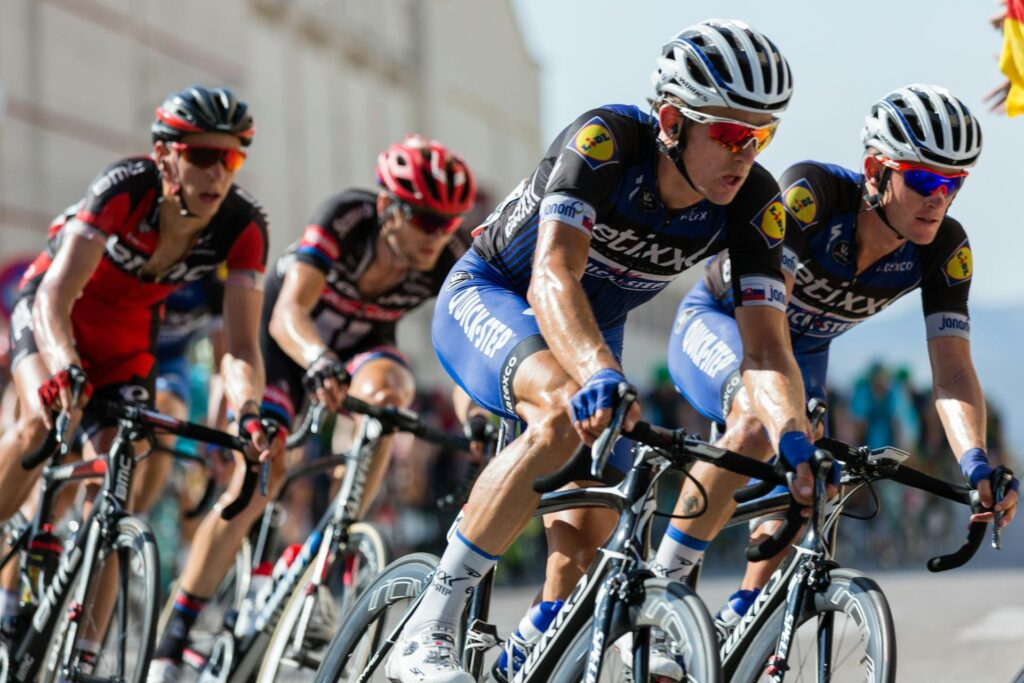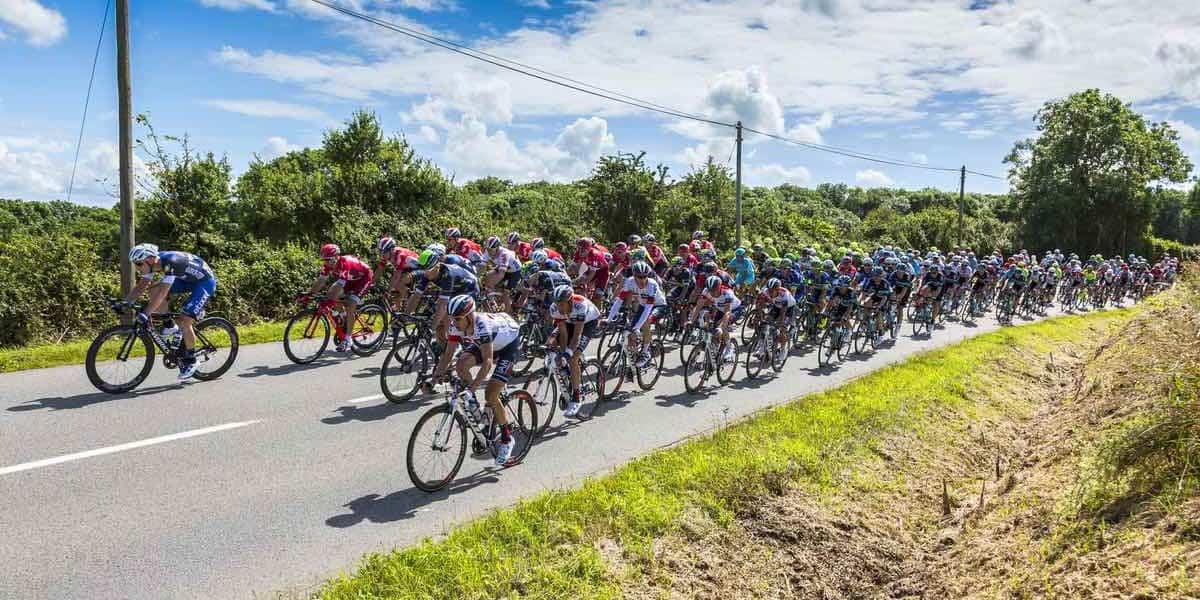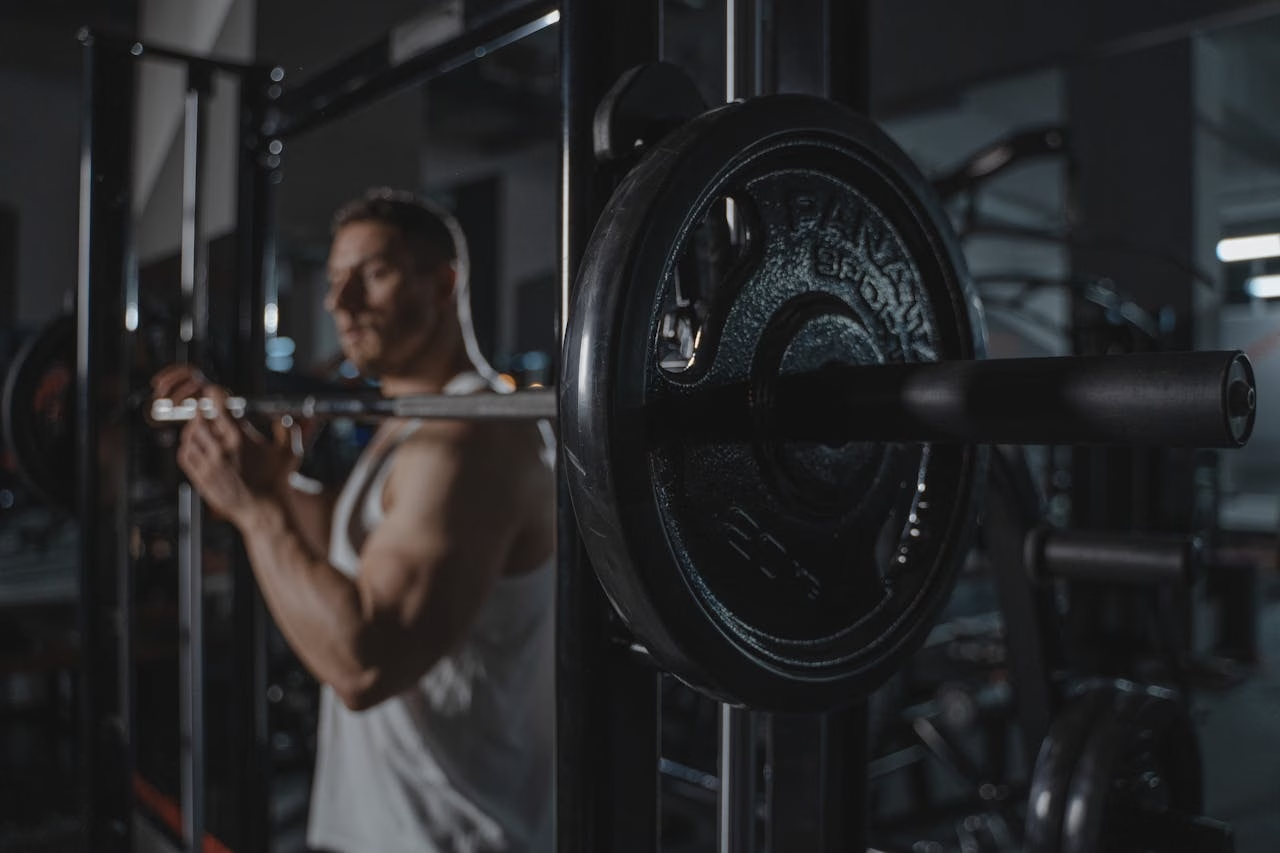Made notorious by the cycling fraternity, EPO has gained popularity with athletes looking to gain a performance boost in the world of endurance. Will it put more kilometres underfoot or create more harm than good? MF investigates

Since the spear-chucker days, people have been on the hunt for creative ways to gain an advantage in all forms of athleticism. Though the search for a competitive edge lends itself to provocative headlines, the practice of doping for extra stamina is anything but innovative. In the lead-up to the first Olympic games, competitors gorged themselves on red meat and animal testicles, possibly unknowingly loading up on primal creatine sources while experimenting with herbal concoctions and hallucinogens. Not long ago, being an Eastern Bloc weightlifter was the only way to get hold of viable performance enhancers. Today, anyone with a WiFi connection and a few BitCoin credits are just a few clicks away from having heightened performance delivered in a discreet package straight to your door. When Lance Armstrong was emperor of the Pyrenees hills, micro-doses of erythropoietin (EPO) were at the cutting edge of illegal performance enhancement, a near-flawless way to stay ahead of testers. Now, this supplement’s loading strategies are openly discussed on internet forums. Despite the controversy, it’s not all it’s cracked up to be. We examined why so many recreational endurance athletes are motivated to put their bodies on the line and how this practice may negatively affect their health, only to find EPO may be little more than a pricy placebo.

What is EPO
Endurance aficionados, namely cyclists, have a well-publicised affair with the substance erythropoietin (EPO). Like steroids, this hormone occurs naturally, produced by the cells in your kidneys to regulate the production of red blood cells spewing from your bone marrow. These red blood cells carry more oxygen in your blood, so the EPO increases your oxygen absorption, reduces fatigue and increases endurance. It was initially developed to treat people with anaemia (low blood count) caused by kidney dysfunction. Medically, it’s still used as a standard therapy in people with kidney disease who have to go on dialysis to treat and prevent this disease.
How does EPO work?
Just because some folk used it to frame a few yellow cycling jerseys in their trophy room doesn’t mean it turns your legs into a nuclear-powered engine room. It may do bugger all, well, if the latest paper in the British Journal of Clinical Pharmacology is to be believed. They found no scientific evidence that it does enhance athletic performance but did discover several markers to suggest it could cause you serious harm. EPO thickens a person’s blood, increasing the risk of blood clots, which can block the flow to an organ such as your heart or brain. “I believe there is a clear need for high-quality research to investigate the effects of supposedly enhancing drugs in sport,” explains the study’s lead researcher, Professor Adam Cohen. “If, as is expected, many substances in current use are ineffective, it will help keep our athletes safe and improve their confidence in sporting results.” That’s not to say the EPO hype is flat-out fake news; it’s that it doesn’t work all that well on elite cyclists. They are at the top end of their fitness anyway, and the gauges used to measure performance, such as VO2Max, are too often subjective physical measures, not more accurate improvements in time trial scores. That said, anecdotal evidence suggests that it will improve the recreational endurance athlete at whatever endurance event he chooses. So, if you’re to believe the above study, then using this performance enhancer could be the way of putting the dope in doping, but why do athletes keep risking their reputations for the supposed EPO stamina boost? The slightest edge, be it physiological or psychological, puts winners over the line, which is why placebos continue to prove so effective. To get an idea of how successful, research in The Gunderson Lutheran Medical Journal told runners they were being given super oxygenated water. Still, when given plain ole H20, they ran 8% faster. If you know you’re taking EPO, following in the footsteps of so many yellow jersey winners, you’ve already got the most significant psychological boost you can get.
The nasty side effects of EPO
EPO has been banned in sports since the 1990s, and while it helps people with kidney problems, its misuse can lead to serious health complications. The World Anti-Doping Agency says that it is well known that EPO, by thickening the blood, leads to an increased risk of several deadly ailments, such as heart disease, stroke, and cerebral or pulmonary embolism. They go on to suggest that the misuse of recombinant human EPO may also lead to autoimmune diseases with dire health consequences. This should tell you that the risk-reward-ratio just isn’t strong enough to warrant a little dabbling to be faster than the pack on your Sunday morning ride.
Bio-hack your EPO
If you think your diet is giving you all you need to maximise your endurance – you’re wrong, even if you’ve never enjoyed a little Hungry Jacks. While your vitamin levels are probably on track, your body’s most powerful hormones and enzymes demand a healthy supply of particular minerals. More specifically, testosterone, growth hormone and EPO depend on a healthy supply of critical minerals. Iron is the building block nutrient that works with EPO to produce oxygen-carrying red blood cells. To maximise its effectiveness, try pairing iron-rich foods – such as red meat or green leafy vegetables – with fare high in vitamin C – such as bell or chilli peppers – as these dramatically increase the amount of iron your body absorbs, discovered a study in the International Journal of Vitamin and Nutrition Research. And try to avoid washing it down with your favourite cup of brew. The tannins in tea can block or blunt the iron absorption in the meal, found a paper in Current Developments in Nutrition. That doesn’t mean you need to ditch all tea; try a different cuppa such as Rooibos, which is naturally caffeine and tannin-free while rich in the antioxidants that could aid recovery from exercise.
The verdict: Don’t bother
All the controversy around the yellow jersey appears to be little more than misinformation. If this drug isn’t doing what it says on the tin and negatively affects an athlete’s health, a way smarter option would be for coaches to give their athletes a placebo and tell them it’s a high-tech illegal athletic booster. Yes, it’s trickery, however it is safer, legal and might be the only scientifically proven way to break endurance-based world records. Alternatively, buddying up with a training partner who is a practical joker with shared supplements might be the best thing you can do to make endurance improvements.
[STUDIES]
EPO
https://www.sciencedaily.com/releases/2012/12/121205200059.htm
ENDURANCE PLACEBO
http://www.gundluth.org/upload/docs/Research/MedJournal/Vol6No1.pdf#page=6
WADA
https://www.wada-ama.org/en/questions-answers/epo-detection
IRON AND VITAMIN C
https://www.ncbi.nlm.nih.gov/pubmed/2507689
IRON TANNINS




